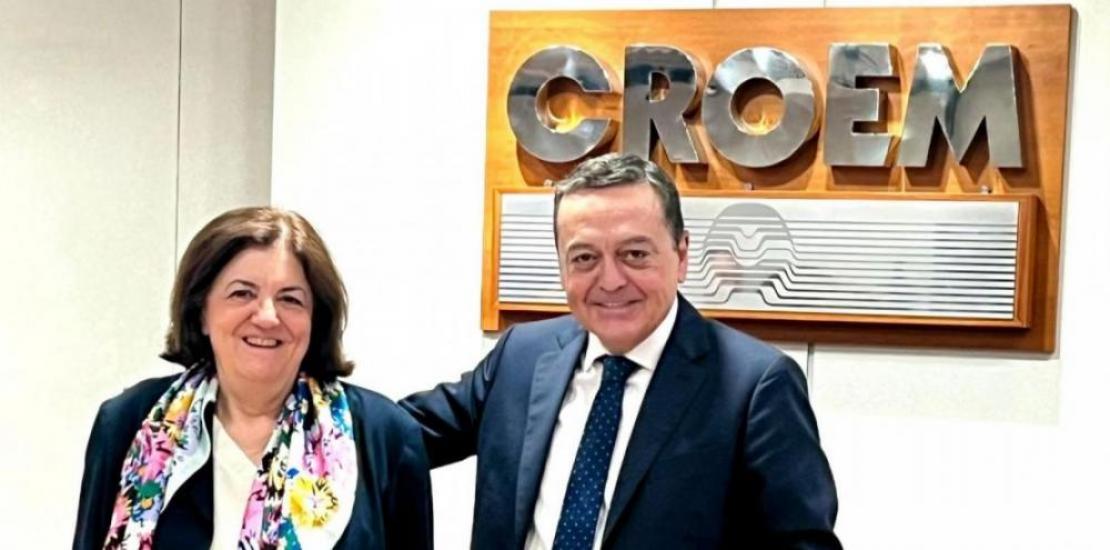CROEM and UCAM promote open innovation in the Murcia Region
The two institutions have signed a key agreement for business and technological development, promoting the incubation of companies in the fields of health, nutrition and sport.
The Confederación Regional de Organizaciones Empresariales de Murcia (CROEM, Regional Confederation of Business Organisations of Murcia) and the Universidad Católica de Murcia (UCAM) have signed an agreement that will promote open innovation among the business fabric of Murcia. This agreement focuses on improving business productivity in the Region, with special attention to the fields of health, food and sport, specialisation areas of UCAM HiTech.
José María Albarracín, CROEM's President, stressed the importance of this agreement: ‘we are taking another step to strengthen the companies we are incubating both at UCAM and CROEM, making a stronger fusion so that new companies and investments can be created, and helping them until they are able to obtain financing for their projects’.
María Dolores García, UCAM's president, highlighted the role of the educational institution in this process: ‘The university's obligation is to ensure that all the knowledge that is generated reaches society, and that is the reason why we want to help these start-ups with our structure. Many brilliant ideas are left in a drawer for lack of support. Companies that succeed are good for everyone and at UCAM we are committed to helping them’.
The agreement was part of a conference on Improving your competitiveness through Open Innovation and Technology Transfer, which included a masterclass by Andrea Martos, founder of Cambridge Biocapital, and a day of networking between scientists, entrepreneurs and business people. With regard to the agreement signed, Martos stated: ‘Fundamentally, the fact that the university allows companies to learn about its science and technology and that companies are interested in understanding how the processes of change and progress at a scientific and technological level work, mutually, is key to generating value in technology transfer and, ultimately, for society’.




